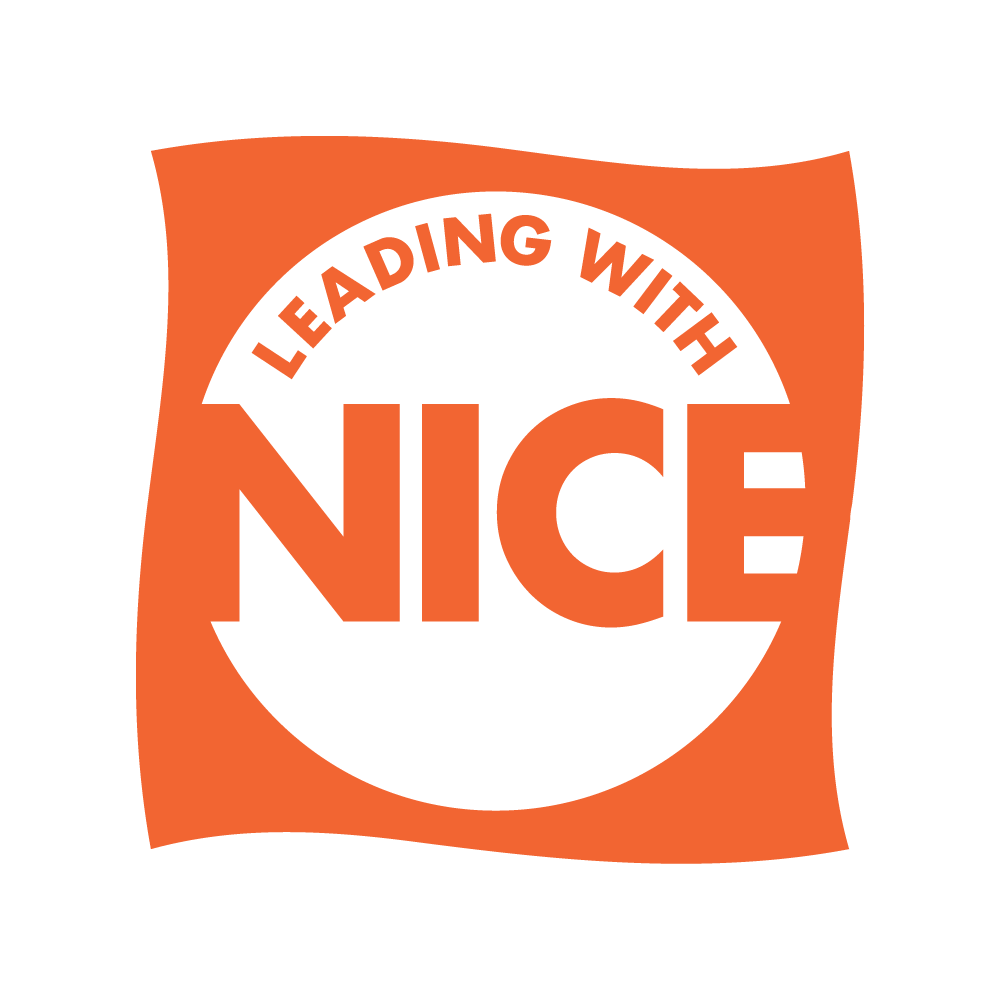November is National Gratitude Month. This is Part 3 of our four-part series on the importance and power of gratitude — a small word with big meaning. Part 1 | Part 2 | Part 4
Science has an explanation for why experiencing gratitude results in such strong emotions.
Dr. Robert Emmons is the world’s leading authority on gratitude. He’s authored papers on the morality of gratitude, comparing blessings versus burdens, edited magazines focused on gratitude and is considered one of the pioneers in the area of positive psychology, a branch of psychology that pursues the use of scientific understanding and effective interview to aid in the achievement of a satisfactory life opposed to what psychology has typically been the pursuit of: treating mental illness.
His research has shown a plethora of physical, psychological and social benefits for those on the receiving end of gratitude. His findings include:
Physical
- Stronger immune systems
- Less bothered by aches and pains
- Lower blood pressure
- Exercise more and take better care of their health
- Sleep longer and feel more refreshed upon waking
Psychological
- Higher levels of positive emotions
- More alert, alive, and awake
- More joy and pleasure
- More optimism and happiness
Social
- More helpful, generous, and compassionate
- More forgiving
- More outgoing
- Feel less lonely and isolated
It goes further in a workplace context. Those who show gratitude report that after meeting a new acquaintance they were more likely to see their interaction turn into a long-term relationship and in turn lead to new opportunities. It’s amazing that saying something as simple as “thank you,” could potentially be the seed that lands you in a great new job or part of an exciting new project at your company.
The true cost of absenteeism in corporate North America is typically measured in the billions. We’re talking about the HR burdens unplanned absenteeism brings with it, the extra payroll work, the lost productivity and the overtime pay needed to cover for the absent employee. It adds up and seemingly there isn’t a solution. But gratitude holds the key. What might first be interpreted as employee-only gains under the physical benefits of receiving gratitude can quickly be seen as bottom-line benefits for an organization. An employee that has a stronger immune system and is less bothered by aches and pains will be less likely to call in sick. One who exercises more and takes better care of their health will help aid in lower health insurance premiums and be able to work at a higher peak for a longer period of time.
Circadian Technologies, a workforce solution company, has found that the cost of unplanned absenteeism costs companies $3,600 per hourly employee per year and $2,650 per salaried employee per year. If your organization has as few as 100 people in it, this could be a cost savings to the tune of almost $800,000 each year. On a smaller scale, that employee who is receiving gratitude, isn’t a perpetrator of unplanned absences — so they aren’t costing the company between $2,650 and $3,800 per year — and they aren’t wanting a raise to the tune of $3,000 either.
That’s quite a swing for making gratitude purposeful and part of your culture. But here’s the kicker: gratitude doesn’t just benefit in one way, it benefits both the receiver and the giver.
Doctor. P. Murali Doraiswamy has a list of credentials and accreditations includes being a Fellow of the Royal College of Physicians (London), advisor to leading government agencies and as a member of the healthcare panel of experts for the Wall Street Journal.
He told ABC News, “If (thankfulness) were a drug, it would be the world’s best-selling product with a health maintenance indication for every major organ system.”
In short, thankfulness does your body good.
For both the receiver and the giver of gratitude they can expect to get shots of mood neurotransmitters serotonin and norepinephrine, reproductive hormones, the social bonding hormone oxytocin and the awesome pleasure related neurotransmitter dopamine. It also helps the inflammatory and immune systems, the stress hormone, cortical, cardiac and EEG rhythms, blood pressure and blood sugar. There simply isn’t a more powerful drug on the market and certainly one that would benefit both the administrator (the one giving the gratitude) and the receiver. Gratitude also blocks toxic, negative emotions. A 2008 study by Alex Wood in the Journal of Research in Personality showed gratitude reduces the frequency and duration of episodes of depression.
